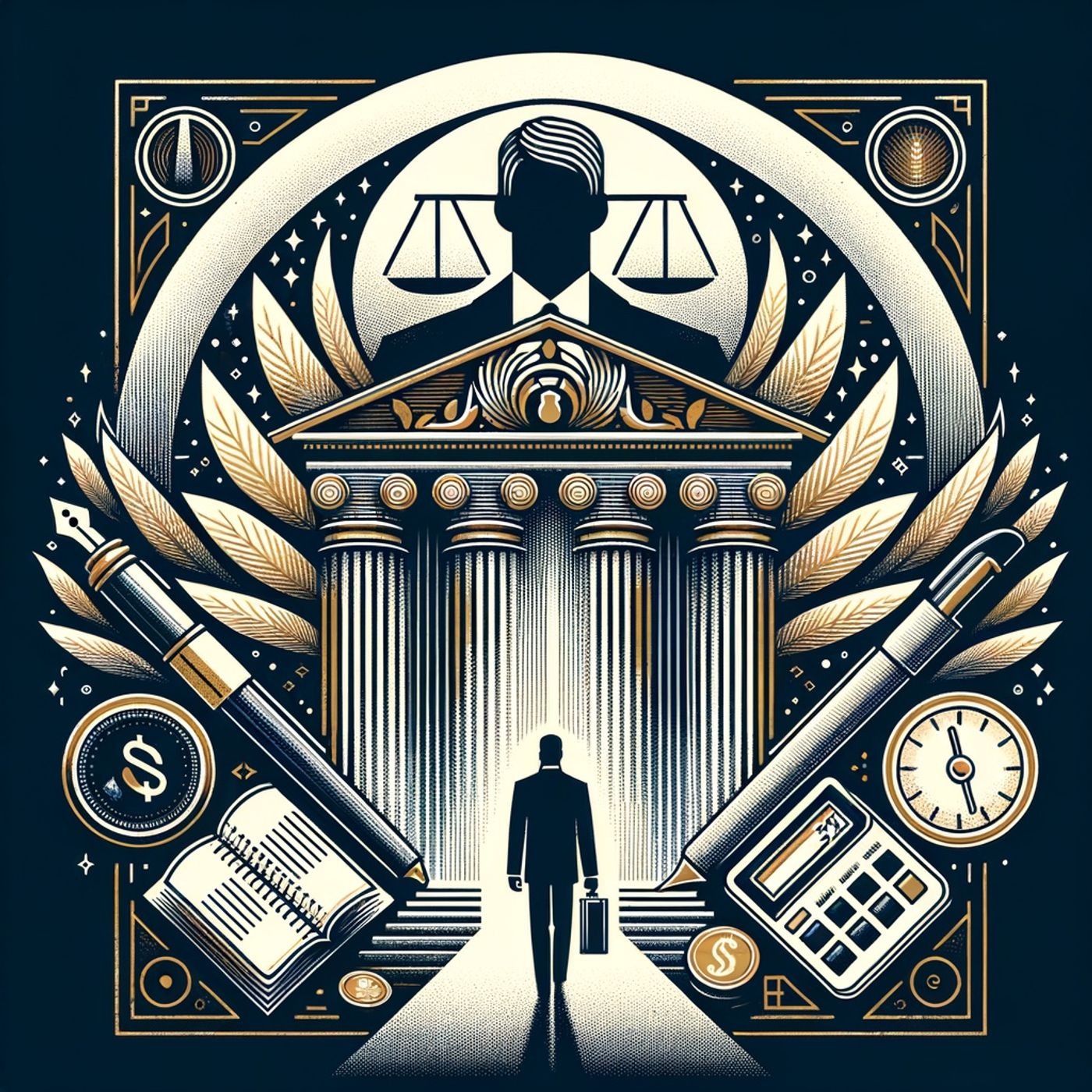Episode Details
Back to Episodes
Russ Vought's Controversial Strategies: Reshaping the Government Shutdown Narrative
Published 3 months, 1 week ago
Description
Listeners, the past several days have seen significant developments surrounding Russ Vought, Director of the Office of Management and Budget. According to the Telegraph, Vought sits at the heart of the Trump administration’s approach to the looming government shutdown as architect of the controversial Project 2025 agenda. His office has advanced aggressive strategies that include mass layoffs across federal agencies if Congress does not reach agreement on spending bills. These firings would be permanent rather than standard furloughs, marking a stark departure from previous shutdown practices. Salon reported that Vought advocated for so-called pocket rescissions, which enabled the administration to claw back billions from already approved congressional spending, specifically targeting foreign aid. This has intensified the budget standoff and heightened pressure on Democratic lawmakers to make concessions. According to Florida Politics, these cost-cutting actions and forecasts of workforce reductions have fueled distrust on Capitol Hill, with Democrats pushing back against Republican attempts to shrink government and cut health care programs.
InsideEPA described Vought’s direction to all agencies via a September twenty-fourth memorandum ordering them to issue reduction-in-force notices across programs facing lapses in discretionary funding on October first. This unprecedented move is seen as a leverage tactic in the intense negotiations over government spending. The administration’s stance has left many federal workers uncertain about their future, while some agencies are bracing for disruptions that could last beyond a temporary shutdown. The Food and Research Action Center notes that Vought’s Office of Management and Budget is using the threat of permanent job loss to heighten pressure in budget talks. While the administration assures that certain benefits like SNAP will not be immediately interrupted, the approach to shutdown management marks a departure from prior contingency planning.
Meanwhile, Vought remains vocal about his vision for a more partisan budget process, suggesting at a Christian Science Monitor breakfast that reducing bipartisanship in appropriations could, paradoxically, foster long-term cooperation. This comes as debate intensifies over the fate of health care subsidies and foreign aid, with Democrats demanding restoration of cuts that will impact millions of Americans. As of this week, Congress remains deadlocked, making Vought’s decisions and directives highly influential in shaping the ongoing crisis. Listeners, thanks for tuning in and be sure to subscribe for more updates. This has been a quiet please production, for more check out quiet please dot ai.
For more http://www.quietplease.ai
Get the best deals https://amzn.to/3ODvOta
This content was created in partnership and with the help of Artificial Intelligence AI
InsideEPA described Vought’s direction to all agencies via a September twenty-fourth memorandum ordering them to issue reduction-in-force notices across programs facing lapses in discretionary funding on October first. This unprecedented move is seen as a leverage tactic in the intense negotiations over government spending. The administration’s stance has left many federal workers uncertain about their future, while some agencies are bracing for disruptions that could last beyond a temporary shutdown. The Food and Research Action Center notes that Vought’s Office of Management and Budget is using the threat of permanent job loss to heighten pressure in budget talks. While the administration assures that certain benefits like SNAP will not be immediately interrupted, the approach to shutdown management marks a departure from prior contingency planning.
Meanwhile, Vought remains vocal about his vision for a more partisan budget process, suggesting at a Christian Science Monitor breakfast that reducing bipartisanship in appropriations could, paradoxically, foster long-term cooperation. This comes as debate intensifies over the fate of health care subsidies and foreign aid, with Democrats demanding restoration of cuts that will impact millions of Americans. As of this week, Congress remains deadlocked, making Vought’s decisions and directives highly influential in shaping the ongoing crisis. Listeners, thanks for tuning in and be sure to subscribe for more updates. This has been a quiet please production, for more check out quiet please dot ai.
For more http://www.quietplease.ai
Get the best deals https://amzn.to/3ODvOta
This content was created in partnership and with the help of Artificial Intelligence AI